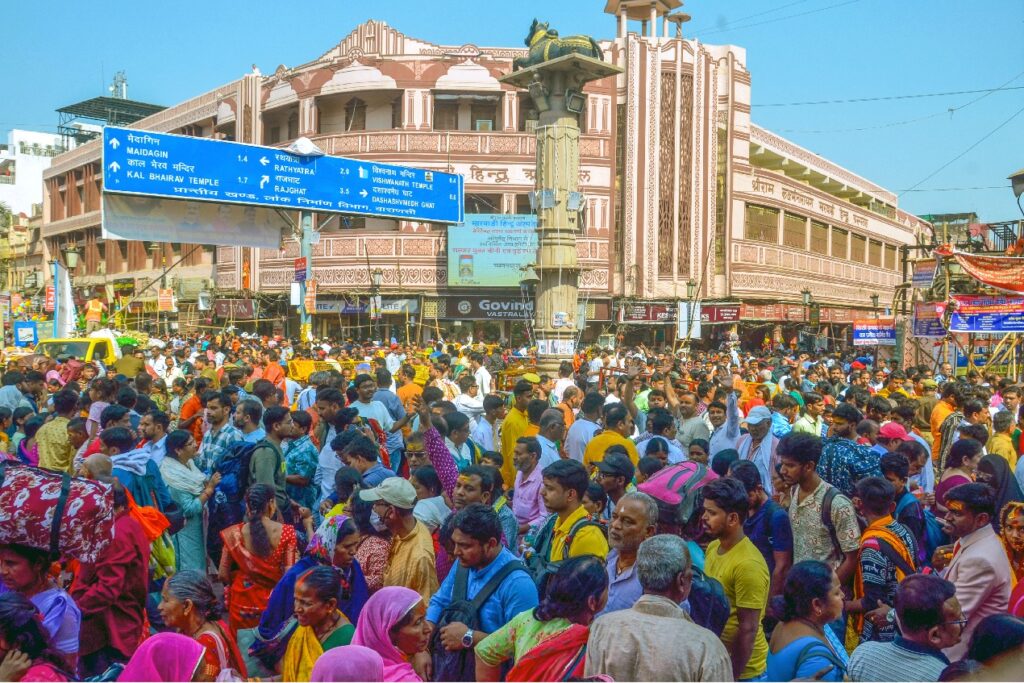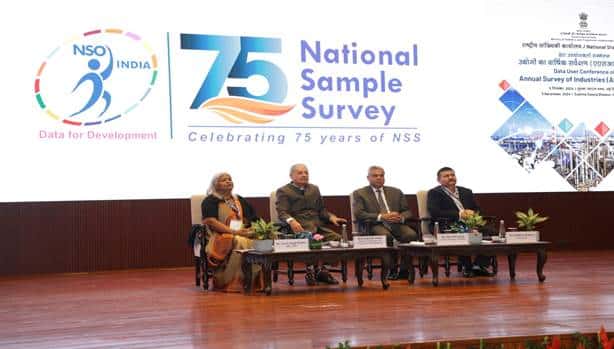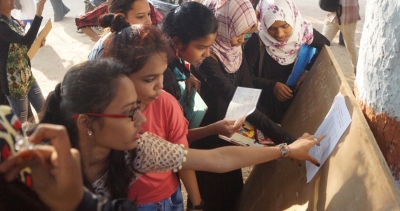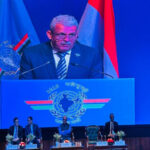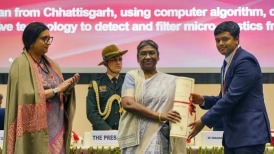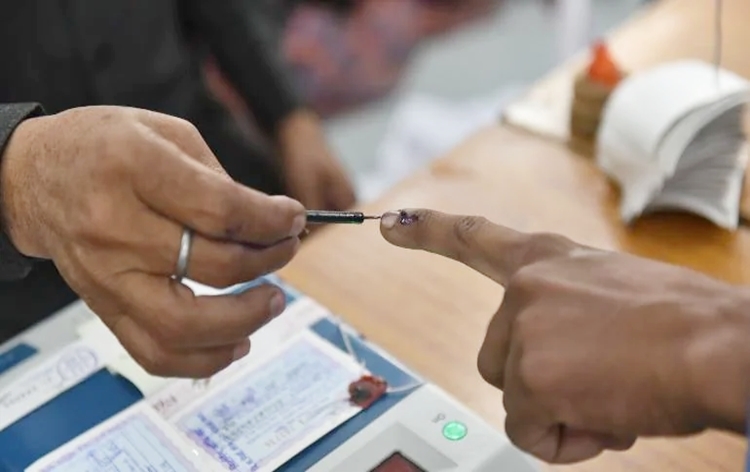India’s G-20 presidency showcased political and economic rebalancing: EAM Jaishankar

External Affairs Minister S Jaishankar on Sunday highlighted India’s role during its presidency of the G-20 summit last year, describing the event as “an example of political and economic rebalancing”.
Speaking at a heritage programme hosted by the Sabhyata Foundation in the national capital, Jaishankar said, “The entire country celebrated our presidency of the G20. In many ways, this was an example of political and economic rebalancing, where instead of a few countries that were running the world, influencing the world or dominating the world, this has broadened out. And clearly, the role of India was recognised.”
Noting that the focus has shifted to “cultural rebalancing” after the event, Jaishankar said, “After political and economic rebalancing, today, the battle is for cultural rebalancing. That is, how do we recognise the entire diversity of the world? How do we undo the distortions of an era that was dominated by a few countries and a few regions? And that is why it is crucial today for us to project our own heritage, our civilization, our culture, our way of life, our faith, and our beliefs. And that, to me, is as crucial in diplomacy and international relations as traditional politics.”
Jaishankar praised the Sabhyata Foundation, the Ministry of Culture, and the Archaeological Survey of India (ASI) for their efforts in conserving the cultural heritage of Delhi.
“Today, it’s not only a journey in cultural history, in heritage restoration, conservation and promotion, but also that of cultural treasures,” he said
“As someone who has spent a large part of his life around the world, familiar with many other traditions and cultures, when I look at the epics of the world, I must say there are none that really compare with the Mahabharata,” he added.
Emphasizing the significance of cultivating historical awareness, Jaishankar said, “If we are really to become a self-confident nation, seeking to project our civilisational power in the world, we have to develop our own mindset, our own metaphors, our own situations, and, in fact, be much more aware of our own history.”



